Thinking about adding a new furry friend to your multi-pet household? Some dog breeds are natural social butterflies, blending seamlessly with other pets, while others prefer a bit more space and solitude. From playful pups that love having company to breeds that do best as the only star of the show, knowing the difference can make life a lot easier for everyone—two-legged and four-legged alike. Whether you have cats, dogs, or a mix of pets, choosing the right breed helps maintain harmony at home. Let’s explore five dog breeds that thrive in multi-pet families—and five that might need a little more space.
Golden Retriever: The Ultimate Social Butterfly
Golden Retrievers have earned their reputation as the friendliest dogs on the planet. Known for their gentle nature, they often welcome other pets—cats, rabbits, or even birds—into their territory without a fuss. If you’ve ever witnessed a Golden Retriever patiently lying next to a kitten or sharing their bed with a new puppy, you know just how heartwarming their social instincts can be. They’re rarely territorial, love to play, and seem to have an endless supply of patience, making them perfect for bustling multi-pet homes. Owners often share stories of their Golden greeting every animal as if it’s an old friend, proving their adaptability and easygoing spirit. If you want a dog who will embrace your entire menagerie, the Golden Retriever is hard to beat.
Labrador Retriever: The Friendly Ambassador
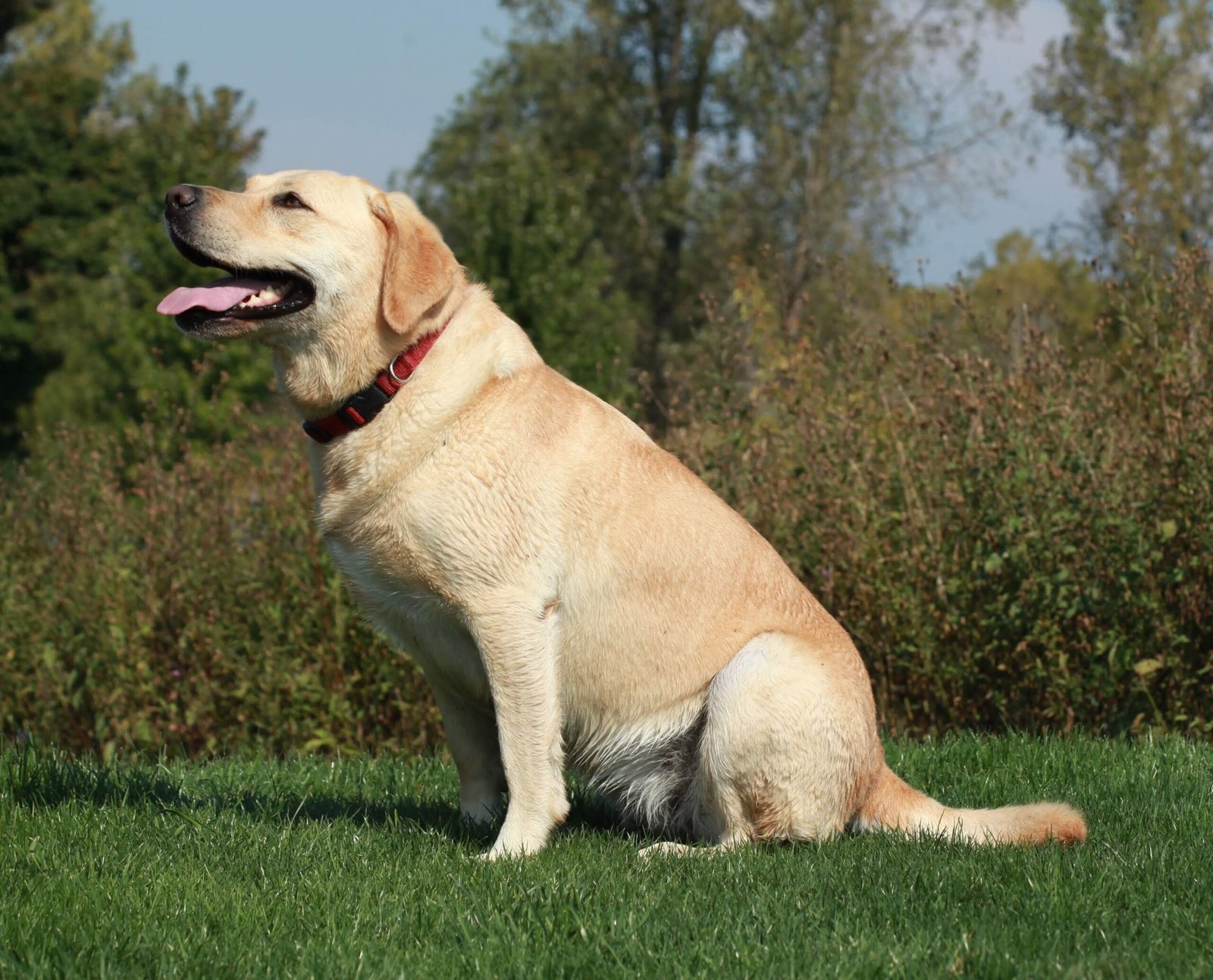
Labrador Retrievers are famous for their playful, gentle personalities and their ability to get along with just about anyone. Whether it’s a house full of cats or a mix of dogs and other pets, Labs are quick to make friends and rarely show aggression. Their eagerness to please makes them easy to train, especially when introducing them to new animals. Labradors are naturally curious but not pushy, which helps them avoid ruffling feathers—literally and figuratively. Their forgiving nature also means they’re unlikely to hold grudges if another pet gets a little feisty. For families with lots of animal personalities under one roof, a Lab often acts as the peacemaker, keeping everyone calm and happy.
Poodle: The Clever Companion
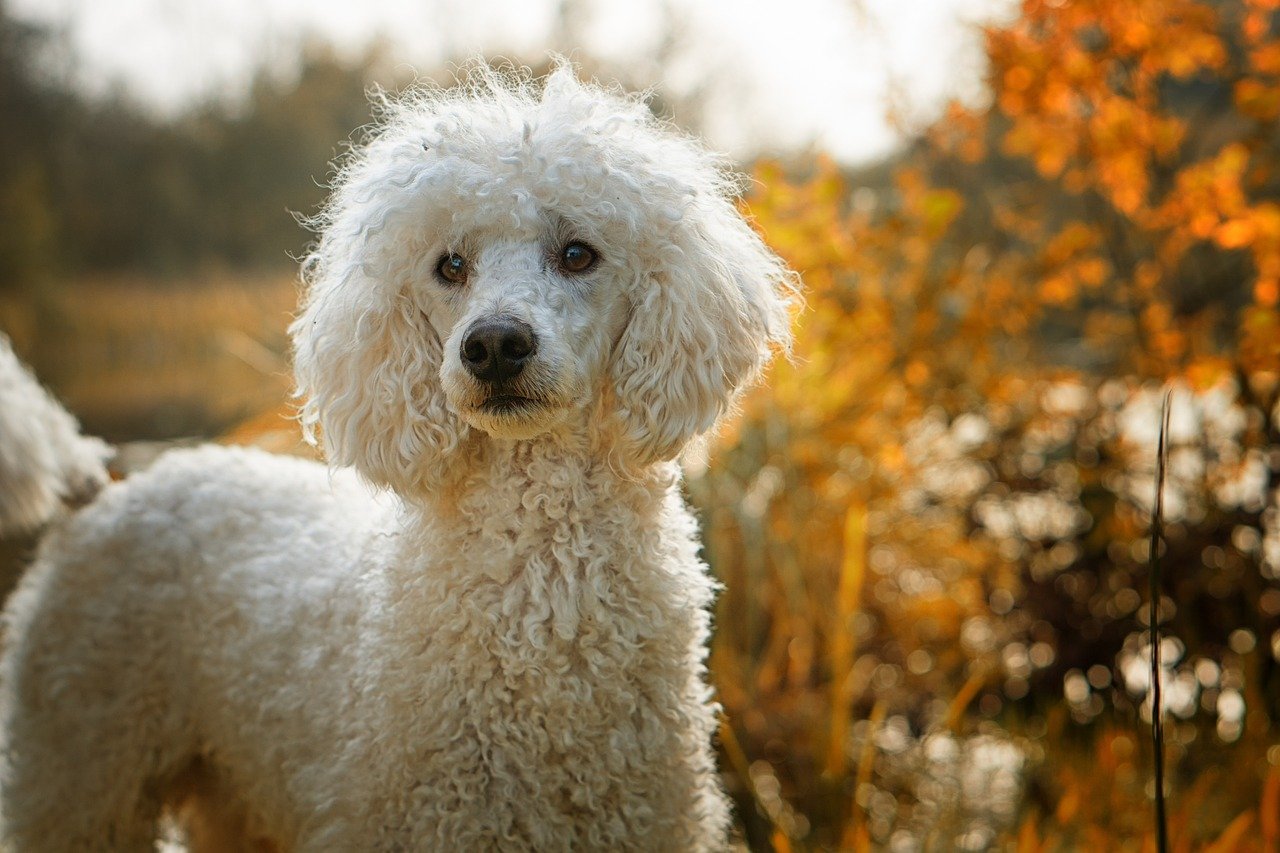
Poodles—whether Toy, Miniature, or Standard—are surprisingly adaptable and sociable. Their intelligence makes them quick to learn the house rules, including how to behave around other pets. Poodles are usually sensitive to the moods of their animal companions and can adjust their behavior accordingly. Many Poodles enjoy the company of other dogs, cats, and even small rodents, especially if socialized early. Their playful side comes out around other animals, but they’re rarely rough or dominant. With their hypoallergenic coats and versatile personalities, Poodles slot easily into multi-pet households, bringing both brains and heart to the family dynamic.
Cavalier King Charles Spaniel: The Gentle Soul
Cavalier King Charles Spaniels are almost impossibly sweet and affectionate. They were bred to be lap dogs, which means they thrive on companionship—no matter the species. Cavaliers tend to greet new pets with curiosity rather than fear or aggression. Their small size and gentle play style make them non-threatening to cats and smaller pets, while their easygoing attitude helps them bond with other dogs. These little dogs are happiest when surrounded by friends, both human and animal, and rarely show jealousy. If you’re looking for a dog who will share your lap and your heart with every creature in the house, a Cavalier might be your perfect match.
Beagle: The Pack-Oriented Playmate
Beagles have a natural pack mentality, thanks to their history as hunting dogs. This instinct to stick together makes them naturally tolerant of other dogs and even cats. Beagles are curious and playful, often trying to coax other pets into games or sniffing adventures. They don’t like being alone, so the presence of other animals provides comfort and entertainment. While their stubborn streak can sometimes cause minor squabbles, Beagles are rarely truly aggressive. With proper socialization, they become enthusiastic members of any multi-pet team, always ready for the next group activity.
Akita: The Lone Guardian
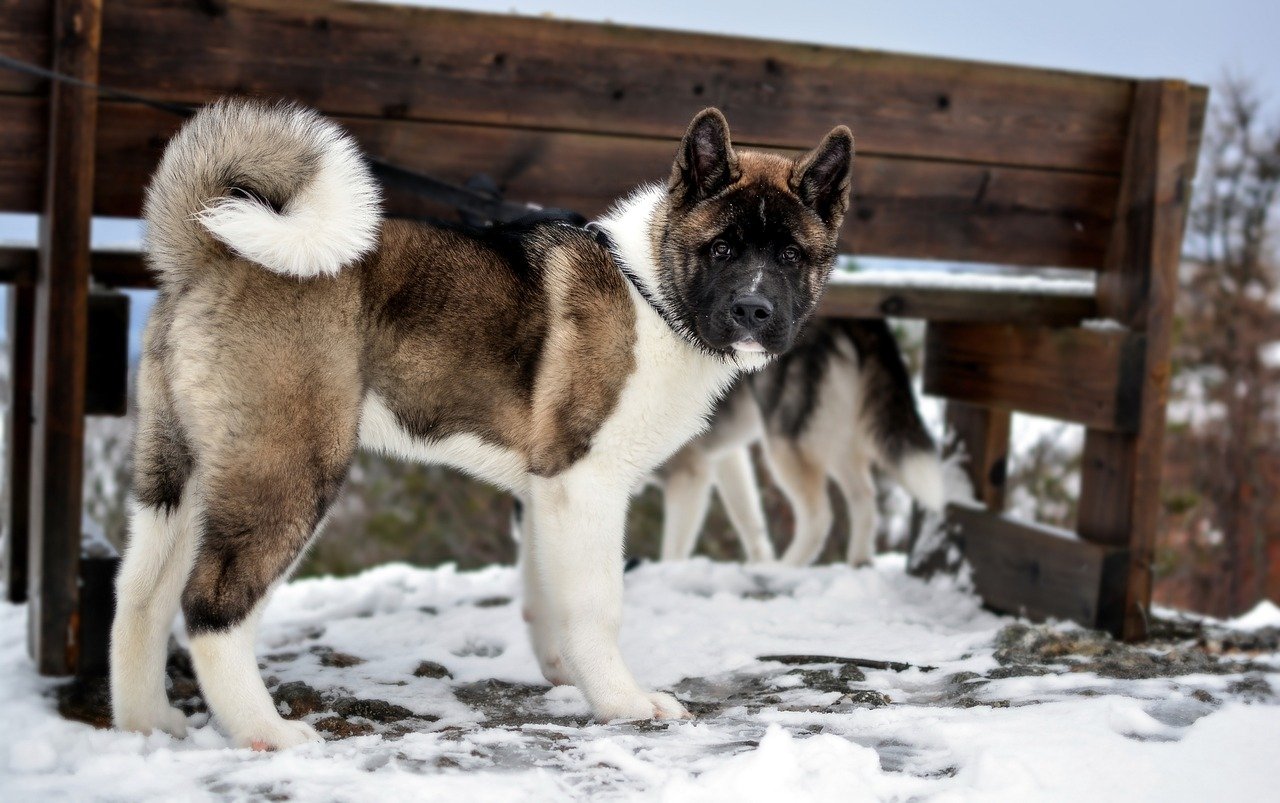
Akitas are strikingly beautiful, but their majestic looks come with a strong territorial instinct. These dogs are notorious for their devotion to their human family—and their suspicion of other animals. Akitas were bred as guard dogs, and many still have a low tolerance for sharing their space with other pets, especially those of the same sex. They may become possessive over food, toys, or even people, leading to potential conflicts in multi-pet homes. While some Akitas can learn to accept other animals with early and consistent training, their dominant personality makes them a risky choice for households filled with multiple furry friends.
Chihuahua: The Tiny but Territorial Diva
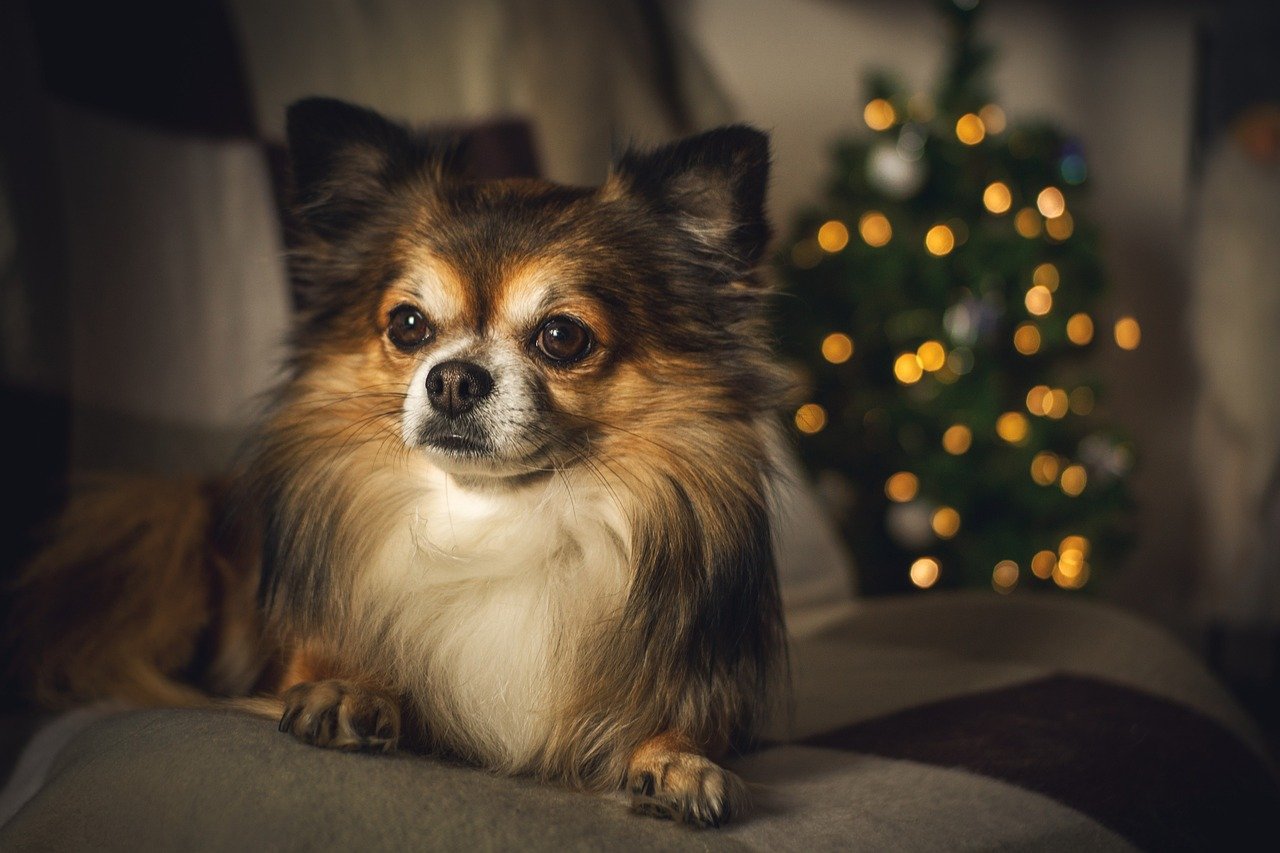
Don’t let their small size fool you: Chihuahuas have personalities bigger than most large breeds. These pint-sized pups can be fiercely protective of their owners and often show little patience for sharing attention with other pets. Chihuahuas may bark, snap, or try to boss around bigger dogs, and they’re rarely tolerant of cats or small animals. They thrive in homes where they are the main focus. While some Chihuahuas do make peace with other pets, especially if raised together, their tendency to develop “small dog syndrome” can lead to a tense household. If you want harmony among your pets, a Chihuahua might not be your best bet.
Shiba Inu: The Independent Adventurer
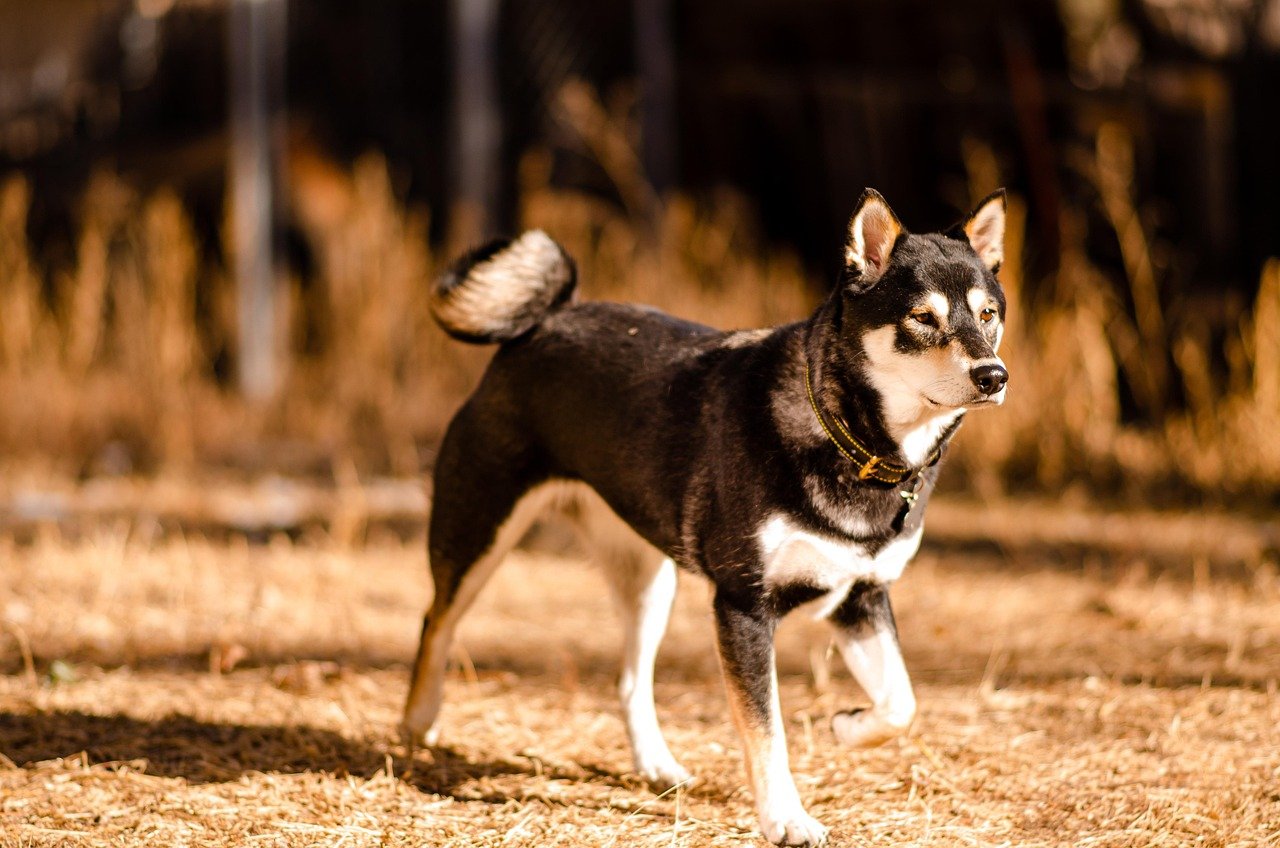
Shiba Inus are famous for their independence and strong-willed personalities. Often compared to cats for their aloofness, Shibas prefer to do things on their own terms and are notorious for ignoring commands. This independent streak often extends to their relationships with other pets. They can be territorial, particularly with other dogs of the same sex, and may chase smaller animals due to their hunting instincts. While not always overtly aggressive, Shiba Inus tend to prefer solitude or the company of their favorite human. For families hoping for a cuddly, group-oriented dog, a Shiba Inu might be just a bit too much of a lone wolf.
Jack Russell Terrier: The Energetic Instigator
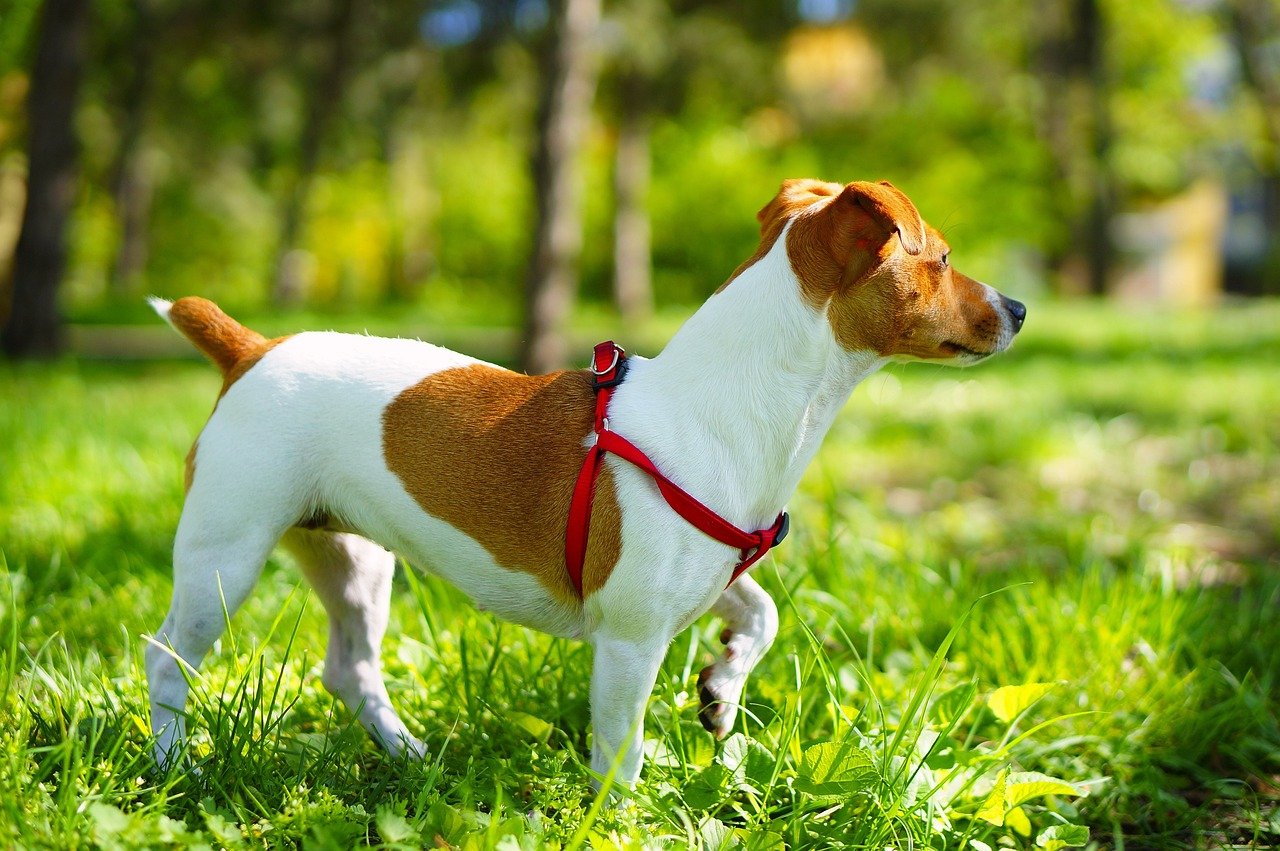
Jack Russell Terriers are bursting with energy and curiosity, but that doesn’t always make for a peaceful multi-pet household. These little dynamos were bred to hunt, and their strong prey drive can spell trouble for cats, rodents, or birds. Jack Russells are often fearless, sometimes bordering on reckless, and may try to dominate other pets. Their need for constant stimulation can lead them to pester more laid-back animals, which creates friction. While some Jack Russells learn to co-exist with other pets, their feisty nature and high energy can make them a challenging addition to a busy household.
Afghan Hound: The Aloof Aristocrat
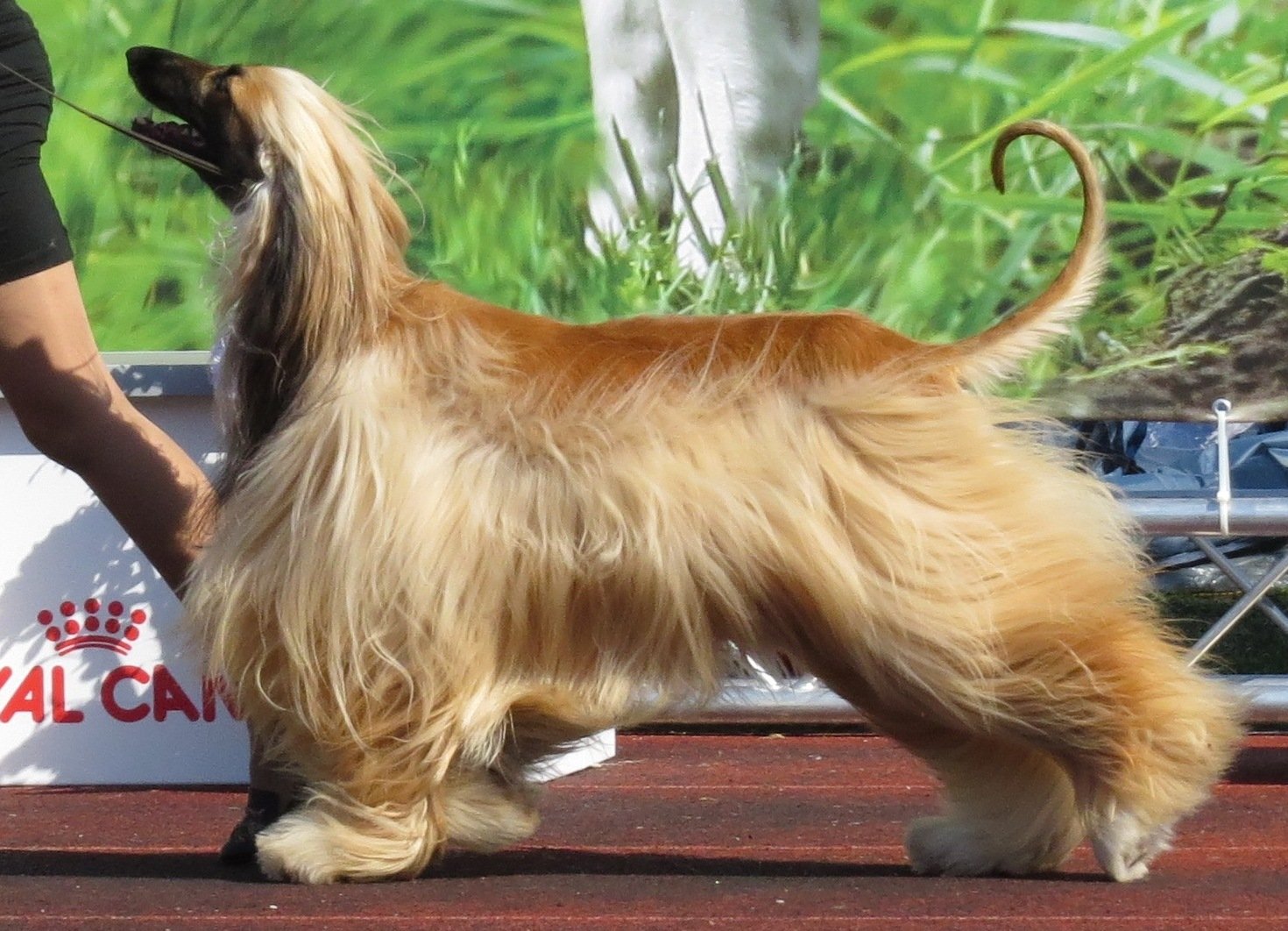
Afghan Hounds are stunningly elegant, but their regal looks come with a certain aloofness. These dogs are often reserved and independent, preferring to observe rather than participate in group activities. While not typically aggressive, Afghan Hounds may ignore other pets entirely or become irritated if their space is invaded. Their hunting background also means they might view smaller animals as prey. Afghan Hounds are happiest in calm, quiet homes where they can reign in peace, making them less suited to the chaos of multi-pet households. If you want a dog who’s everyone’s best friend, the Afghan Hound may leave you feeling a little left out.
Bringing a new dog into a home with other pets can be a joy—or a challenge—depending on the breed’s personality and social needs. By understanding which breeds play well with others and which prefer a quieter life, you can set everyone up for success. Every dog is different, but breed tendencies give you a great starting point. With the right match, your home can be filled with harmony, tail wags, and plenty of happy moments for the whole furry crew. What surprised you most about these dog breeds and their social skills?

Andrew Alpin from India is the Brand Manager of Doggo digest. Andrew is an experienced content specialist and social media manager with a passion for writing. His forte includes health and wellness, Travel, Animals, and Nature. A nature nomad, Andrew is obsessed with mountains and loves high-altitude trekking. He has been on several Himalayan treks in India including the Everest Base Camp in Nepal.





